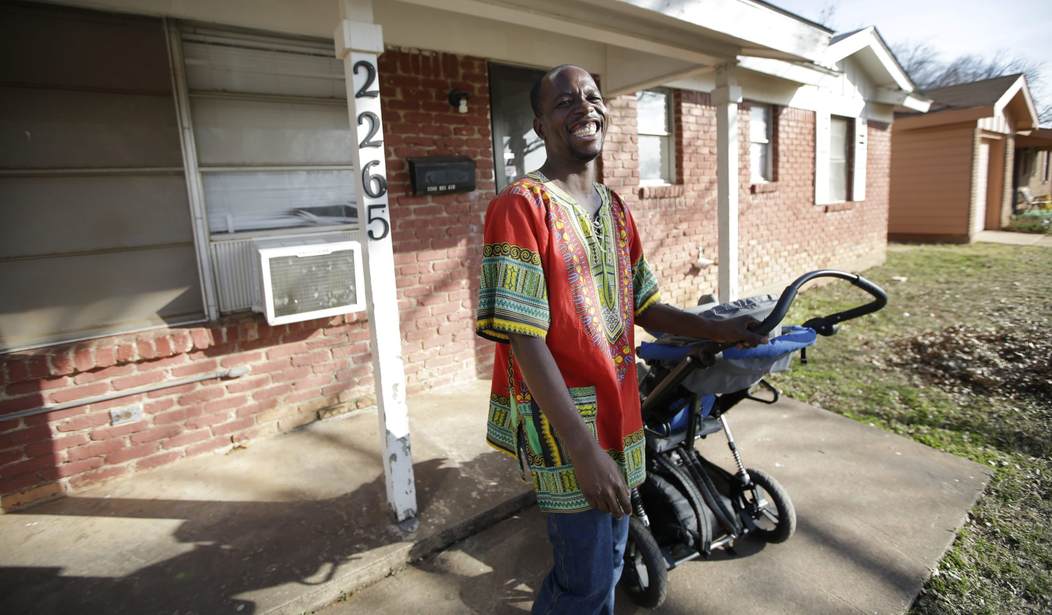WASHINGTON — The State Department revealed today that the top country of origin for refugees admitted during the past fiscal year was not Syria, but the Democratic Republic of the Congo.
After a protracted civil war in the DRC that brought in a UN peacekeeping force, anti-government militant groups leave the French-speaking nation violent and unstable.
Syria was the country of origin with the second-highest number of refugees accepted into the U.S. during the fiscal year, followed by Burma, Iraq and Somalia.
More than 70 percent of the 84,995 refugees admitted came from those top five countries. More than 72 percent of refugees were women and children, according to the State Department. “Many are single mothers, survivors of torture, people who need urgent medical treatment, religious minorities, lesbian, gay, bisexual, transgender, or intersex (LGBTI) persons, or others imperiled by violence and persecution,” said the office of press secretary John Kirby in a fact sheet released today.
The number admitted is five people short of President Obama’s goal of admitting 85,000 refugees during the fiscal year, but was still the most refugees admitted in 17 years. The usual number of refugees admitted each year during Obama’s tenure has been 70,000.
The goal for fiscal year 2017 is 110,000 refugees.
The top five states in welcoming refugees were California, Texas, New York, Michigan and Ohio.
“The safety and security of the American people is always the top priority. Refugees are screened more carefully than any other type of traveler,” the State Department release continued. “Screening includes the participation of the Department of Homeland Security, the FBI, the National Counterterrorism Center, the Departments of State and Defense as well as additional intelligence agencies.”
Forty-one percent of refugees came from the Middle East and South Asia, 37 percent came from Africa, nearly 15 percent were from East Asia, 4.6 percent were from Europe and 1.5 percent hailed from Latin America and the Caribbean.
The number of approvals escalated sharply toward the end of the fiscal year, with 1,704 refugees from Africa in October 2015 compared to 5,559 last month. In October 2015, 1,979 refugees were accepted from the Middle East and South Asia; this spiked to 6,193 admissions in August.
The top native language spoken by new arrivals was Arabic, followed by Somali, Kiswahili, Nepali, Sgaw Karen (a Thai/Burmese language) and Armenian. The State Department report did not break down refugees by religious affiliation.
White House press secretary Josh Earnest was asked at today’s briefing about reports that the administration is considering moving to private citizen sponsorship of refugees, similar to Canada’s system.
“I haven’t seen those specific reports. What I can tell you is that that president has made a forceful case on a number of occasions about the important role for the United States to play, a leading role for the United States to play, in terms of to helping the world deal with refugee populations,” Earnest said. “…But the president has hastened to add at very turn that we are not going to cut corners when it comes to the safety and security of the American people.”
“Refugees, as you know, are subjected to the most thorough vetting and screening of any other individual who attempts to enter the United States. That’s not going to change,” he added. “And over this last fiscal year, we were able to make a significant increase in the number of refugees that were admitted to the United States and we were able to do that without cutting any corners on the vetting process.”
“But as it relates to any sort of specific innovations that may be considered, we’ll have to get back to you to see if — whether the — how seriously a proposal like that is being considered.”
Secretary of State John Kerry said in Brussels today that “to some, formulating the right response to refugees is as easy as putting up a green light or a red one.”
“They just think it’s simple. But in fact, the problem, as you know, has many dimensions related to legal responsibilities, resources, security, safe transit, human trafficking, gender abuse and the special needs of children,” Kerry said. “Chancellor Merkel and other European leaders should be commended for trying to cope with this crisis in a humane way that is respectful of the lessons of history.”
“Ultimately, however, the only fully satisfactory solution to the refugee dilemma is to stop the wars, stop the conflicts that drive people from their homes in the first place.”









Join the conversation as a VIP Member